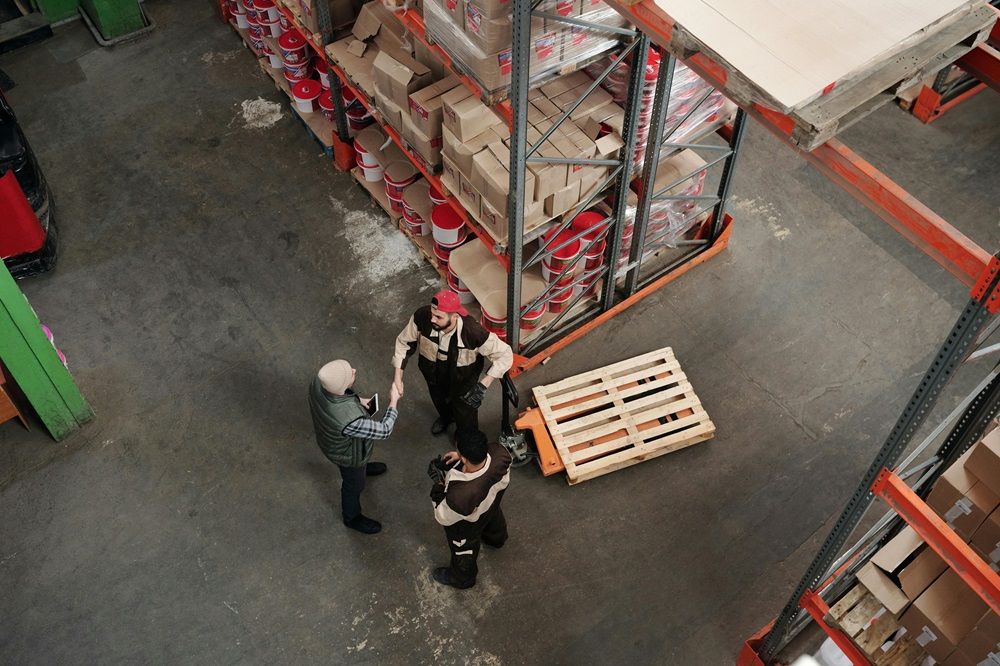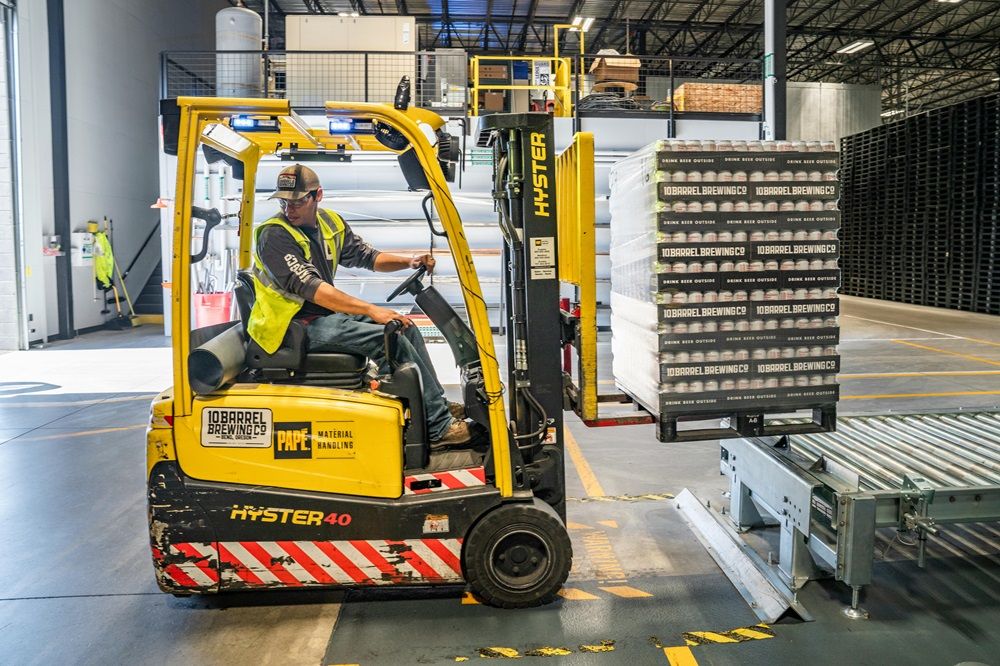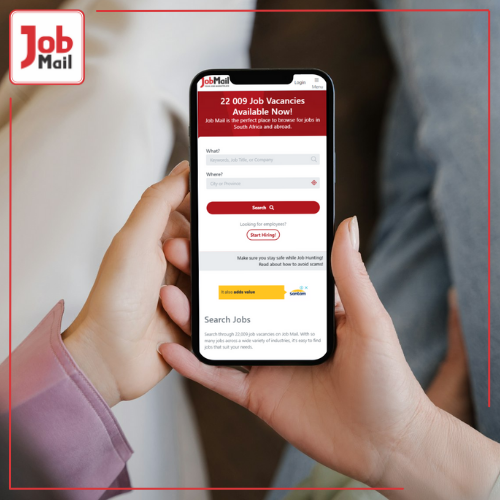Have you ever wondered what it takes to excel as a logistics professional in South Africa? The logistics sector is the backbone of the economy, ensuring that goods and services are delivered efficiently and on time. For those aspiring to thrive in this dynamic field, mastering the essential skills for logistics professionals is crucial. With the right expertise, you can navigate the challenges of the industry and drive success for your organisation. For advice on how to advance your career, strengthen your resume, and increase your chances of landing a job in the future, visit Job Mail.
 Photo by Tiger Lily on Pexels
Photo by Tiger Lily on Pexels
1. Understanding the Logistics Environment
In South Africa, the logistics environment is influenced by unique factors such as infrastructure challenges, diverse geography, and economic fluctuations. A deep understanding of these elements is essential. Logistics professionals must stay updated on local regulations, market trends, and technological advancements. This knowledge enables them to make informed decisions, optimise routes, and manage supply chains effectively.
2. Effective Communication Skills
Clear and effective communication is at the heart of logistics operations. Professionals need to coordinate with various stakeholders, including suppliers, transportation providers, and customers. Strong verbal and written communication skills ensure that everyone is on the same page, reducing the risk of errors and delays. Additionally, being able to negotiate and manage conflicts is invaluable in maintaining smooth operations.
3. Analytical and Problem-Solving Abilities
These professionals constantly face unexpected challenges, from sudden demand spikes to transportation disruptions. Analytical skills are essential for identifying the root causes of problems and developing effective solutions. Being able to analyse data and trends allows for better forecasting and planning, helping to mitigate risks and improve efficiency.
4. Technological Proficiency
The logistics industry is increasingly reliant on technology. Familiarity with logistics software, transportation management systems, and inventory management tools is crucial. Professionals should be comfortable using these technologies to track shipments, manage inventories, and streamline operations. Staying abreast of emerging technologies like artificial intelligence and blockchain can also provide a competitive edge.
 Photo by Elevate on Pexels
Photo by Elevate on Pexels
5. Time Management and Organisational Skills
Efficiency in logistics hinges on excellent time management and organisational skills. Professionals must juggle multiple tasks, prioritise effectively, and meet tight deadlines. Organised logistics operations lead to improved productivity and customer satisfaction. Tools such as scheduling software and project management apps can aid in maintaining order and ensuring timely deliveries.
6. Leadership and Teamwork
Logistics is a team effort, requiring collaboration across various departments. Strong leadership skills are necessary to guide teams, manage resources, and ensure that everyone works towards common goals. Effective leaders inspire their teams, delegate tasks appropriately, and foster a positive work environment. Simultaneously, being a good team player enhances coordination and productivity.
7. Customer Service Orientation
Customer satisfaction is a key performance indicator in logistics. Professionals must understand the importance of delivering goods on time and handling customer inquiries efficiently. Building strong relationships with clients and addressing their concerns promptly can lead to repeat business and a stellar reputation in the market.
8. Adaptability and Flexibility
The logistics landscape is ever-changing, with new challenges arising regularly. Professionals must be adaptable and flexible, capable of adjusting strategies and operations as needed. This adaptability ensures resilience in the face of disruptions and helps maintain continuity in supply chains.
Mastering the essential skills for logistics professionals is not just about knowledge; it's about applying that knowledge effectively in the context. From understanding the local logistics environment to honing communication and technological skills, these competencies are crucial for success. Whether you're a seasoned professional or just starting your career, continuous learning and improvement are key. For job seeker tips, go to Job Mail. It will help you enhance your resume, advance your career, and increase the likelihood that you will find employment in the future.





